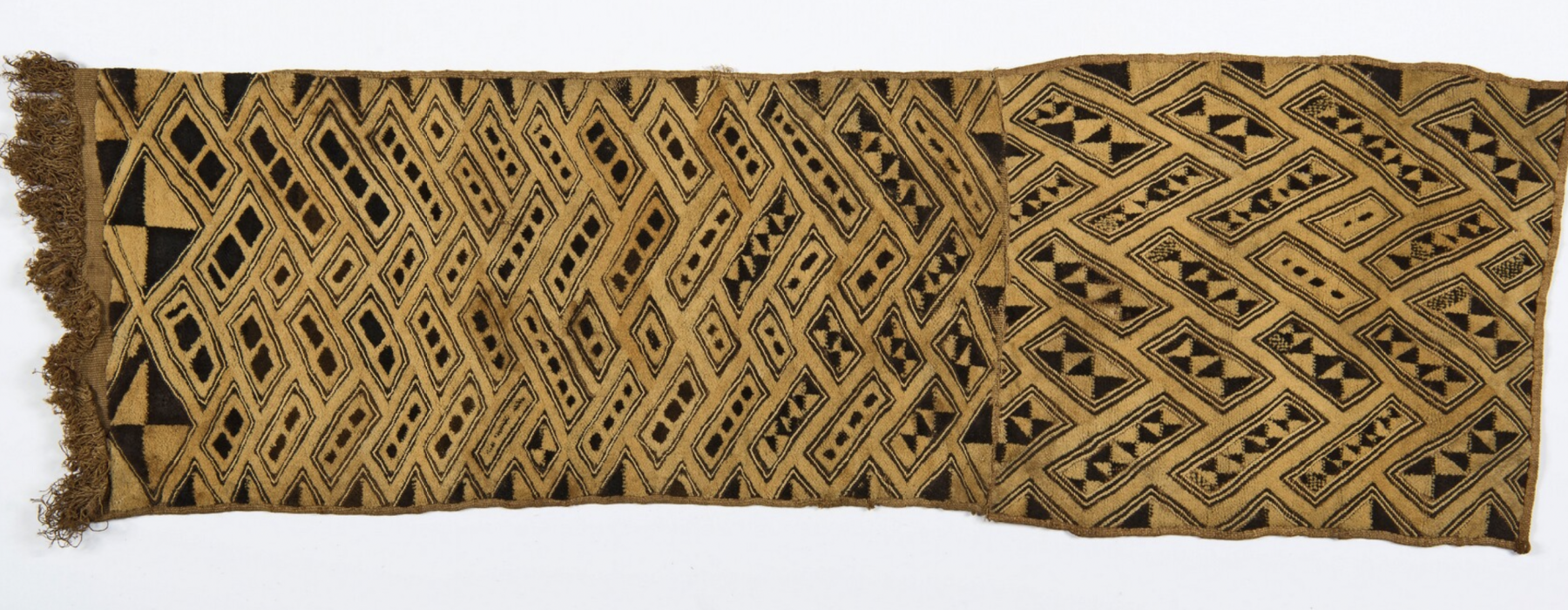
The title of Annette Schmidt’s research project is Roofkunst of handelswaar? [Theft or merchandise?]. The Nationaal Museum van Wereldculturen owns a significant collection from West-Central Africa. The region of origin of this collection includes the present-day Republic of the Congo, the Democratic Republic of the Congo, and Angola. This colonial collection was collected between 1876 and 1910 by 23 commercial agents of the then named (Nieuwe) Afrikaansche Handels-Vennootschap. The early formation, as well as the diverse composition and size of the collection have attracted international significance in discussions of restitution.
Among the objects’ countries of origin, there are more and more members of civil society calling for a return of museum objects that have been obtained illegally. This past year, the Dutch De Raad van Cultuur [The Council of Culture] has urgently advised that so-called ‘looted art’ be returned. In Belgium, the government has decided that all illegally obtained objects from the Royal Museum for Central Africa will become legal property of the Democratic Republic of the Congo.
Proposed Research Project
Whereas in the past provenance research was chiefly focused on who obtained a given object for the museum, the urgency is to determine how Dutch commercial agents collected the Congolese objects that are housed by the NMVW. Theft can be defined as objects obtained by theft, the use of force, involuntary loss of possession or spoils of war. The museum grant enables Schmidt to conduct research into the history of the Dutch Lower Congo collection. The central question is whether the objects in this collection have been obtained illegally. Such provenance research stands to make a crucial contribution to intensifying deep research needed so that objects that belong to the countries of origin may be returned.